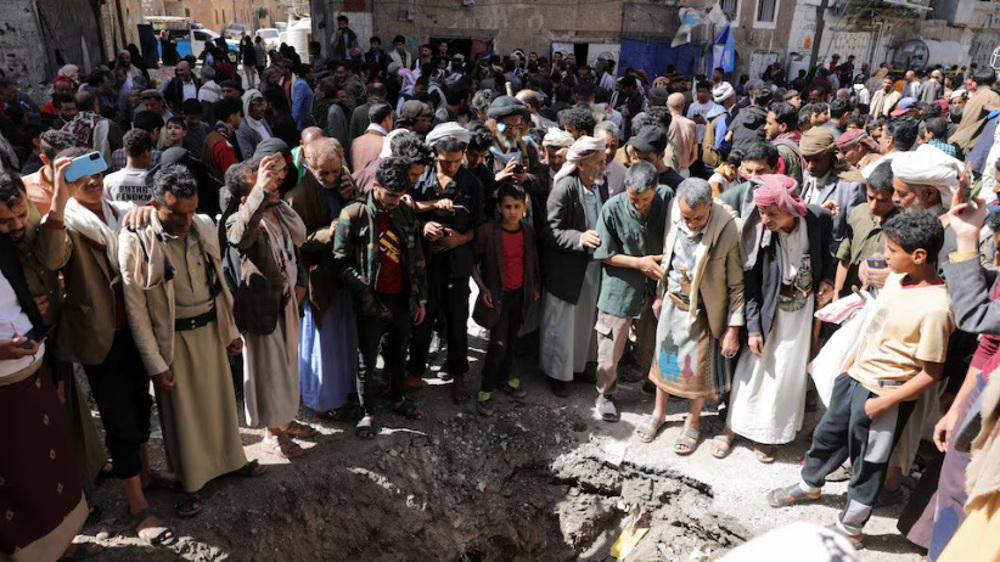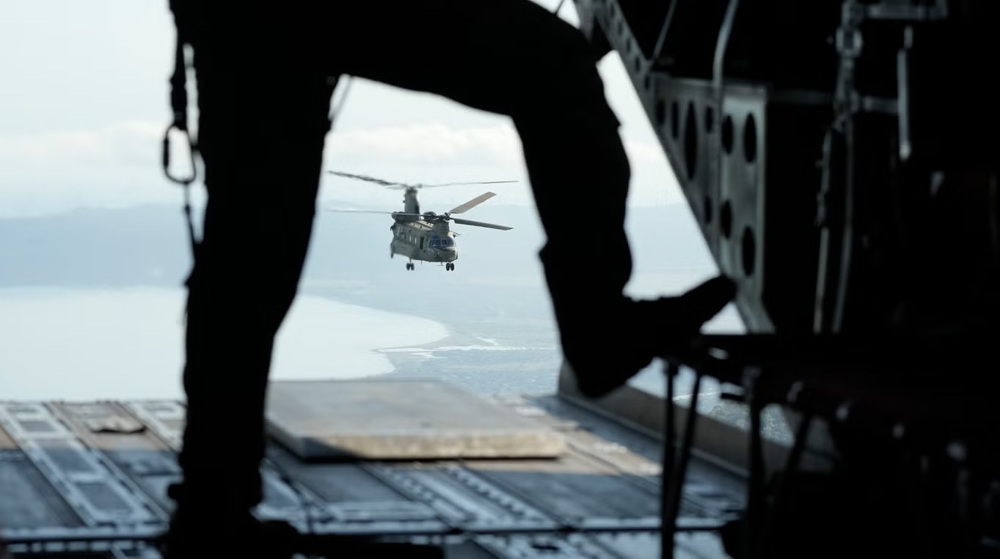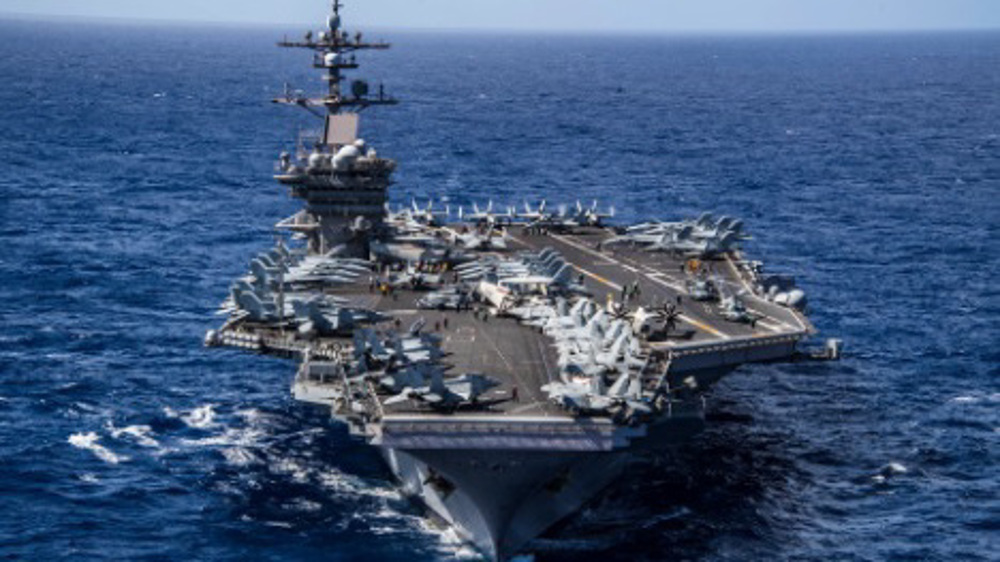US upgrading F-15 fighter jets to match Russian, Chinese tech
The US Air Force has started a $12 billion program to upgrade its aging fleet of F-15 warplanes, in an attempt to keep the three-decade old jet on par with Russian and Chinese models.
Under the new program, a total of 435 aircraft will receive new radars, more modern mission computers, upgraded communication tools, advanced infrared search and track capabilities and electronic warfare systems, the US media reported Friday.
The upgrades will allow the F-15 to carry out missions in concert with more advanced warplanes while extending its lifespan until at least 2040.
The so-called Strike Eagle aircraft were first slated to be replaced with F-22 Raptor stealth jets, but the fifth-generation warplane’s production was ceased in 2009 due to high cost. Only 188 of the planned 749 F-22s were ever produced.
“Our potential adversaries are keenly aware of the importance of air superiority to our nation's way of war,” CNN quoted Air Force spokesman Major Robert Leese as saying. “This is why they continue to seek ways to contest our advantage in the air through the development and proliferation of new weapon systems.”
“To maintain this advantage, the Air Force must not only develop new systems of our own, but continue to upgrade the capabilities of our legacy systems like the F-15,” he said.
Boeing spokesman Randy Jackson said his company was going modify some of the F-15s to carry 16 missiles, two times the standard eight.
Despite getting all the advanced equipment, the F-15 would still lack the F-22’s stealth capability, which means the aircraft would have a hard time evading radars.

The move comes amid Russia and China’s major progress in closing the technology gap with the US by producing fifth-generation fighters of their own.
China currently working on at least two advanced warplanes, namely the Shenyang J-31 and the Chengdu J-20.
Russia is also developing its fifth-generation fighter, called the Sukhoi PAK FA, which rivals America’s F-35 Joint Strike Fighter.
Initially launched in 2001, the F-35’s production has been delayed due to many software bugs and dissatisfactory performances. The jet has also blown out its budget by nearly 70 percent and is estimated to cost $379 billion.

US military launches renewed strikes on various regions across Yemen

China deploys naval group in warning to US, Philippines over drills

Yemen asserts enhanced military readiness; takes US aircraft carriers under firepower
US military launches renewed strikes on various regions across Yemen
VIDEO | Paris protesters slam Israel’s war on Gaza
VIDEO | Press TV's news headlines
VIDEO | US issues ‘final offer’ to Kiev for peace with Moscow
VIDEO | Pakistan warns of war over water diversion as India vows retaliation against militancy
ICC rejects Israel’s request to cancel arrest warrants for Netanyahu
VIDEO | Starvation spreads as Gaza faces deepening famine
VIDEO | Fake anti-Muslim stories go viral once more







 This makes it easy to access the Press TV website
This makes it easy to access the Press TV website